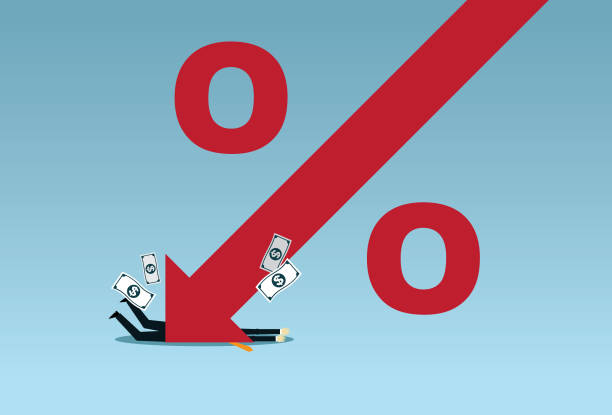Are you trying to find a solution to minimise your monthly payments so you have more money for living expenses, savings, or investing in a retirement plan? Refinancing any outstanding loans into a new loan with a lower interest rate and smaller monthly payments is one approach to do this. But, it’s crucial to be aware that refinancing a loan could have an impact on your credit by momentarily reducing your credit score before you choose this choice. These are some things to think about when refinancing a loan.
Your Credit Score and Refinance
Your credit score may suffer from refinancing in a few different ways:
- Lenders will verify your credit history and credit score when you want to refinance a loan. This is what’s referred to as a “hard inquiry” on your credit report, and it could momentarily lower your credit score. Yet, the financial benefits of refinancing, particularly when it comes to a mortgage, typically outweigh the drawbacks of a little drop in credit score. Also, if you repay your new loan over time and establish a solid payment history, your credit scores are likely to rise.
- Numerous loan applications: You’ll probably submit multiple loan applications to different lenders to compare interest rates in order to obtain the best loan terms while refinancing. Make careful to submit all of your loan applications quickly to avoid your credit score being negatively impacted by all of these harsh inquiries. The impact on your credit score is minimised because most credit scoring models count loan inquiries that occur between a 14-day and 45-day time frame as one inquiry. On the other side, making several loan applications over a period of time could harm your credit score over time.
- Account closure: Because you are closing a long-standing credit account, the loan you are refinancing will be cancelled, which might also affect your credit score. Your payment history on the closed loan will, nevertheless, be taken into account by some credit score algorithms. This lowers the blow to your credit score as long as the closed account was closed in good standing. Moreover, while you pay off the new loan, your credit rating ought to rise once more.
You Can Refinance Your Mortgage
Make careful to keep paying your previous loan if you are refinancing a mortgage. It’s simple to become confused about which payments are due when and to which lenders once your new mortgage loan has been authorised.
The new lender can inform you that you don’t need to make your final loan payment because the new loan will pay off the previous one. Your credit score could suffer if you make a late payment on the old mortgage and the new lender’s loan payback occurs after your final payment is due. You are in charge of making sure the last payment is made on time because your credit score is at stake.
Getting a New Car Loan
If interest rates have decreased or your credit score has increased after you took out the loan, refinancing an auto loan can be helpful. If you simply need to lower your monthly payments, you might also want to refinance your auto loan.
Your monthly payments will be cheaper if you refinance for a longer-term vehicle loan, but the total amount you pay for the automobile may go up, depending on how long you extend the loan. Ensure that the new interest rate won’t significantly raise your overall expenses by making sure it is sufficiently low. You’ll need a vehicle that has maintained its value in order to refinance; normally, lenders will take this into account if the vehicle’s value exceeds the amount you still owe on it.
Making a Personal Loan Refinance
If your credit score has increased or interest rates have decreased since you first applied for the loan, you might think about refinancing your personal loan. Also, you could choose to refinance in order to combine numerous smaller personal loans into a single, larger loan.
Due to the hard inquiries on your credit report, refinancing a personal loan will, like any other sort of refinancing, temporarily lower your credit ratings. But, having fewer open accounts with unpaid balances can enhance your credit score if you’re using a new personal loan to refinance multiple current personal loans.
What to Do After a Refinance
Your credit score will momentarily drop once you refinance a loan because you are taking on a new debt and haven’t yet established your capacity to repay it, in addition to the hard inquiry that will appear on your credit report. Make sure to pay all of your bills on time, and after a few months your credit rating ought to return to normal. In fact, once you demonstrate your ability to manage the new debt, things might even get better. You can obtain a free credit score check to examine how refinancing and your new loan payments are impacting your credit score.
Refinancing a mortgage, vehicle loan, personal loan, or other loan can help you get a better deal on interest rates, a smaller monthly payment, and more financial flexibility. But before you start looking for a new loan, you should carefully consider the advantages and the disadvantages because refinancing might have a negative impact on your credit score.

